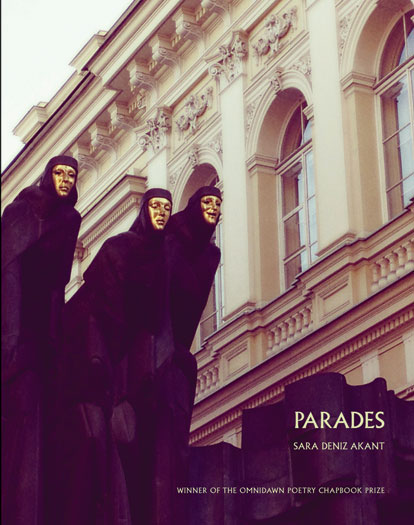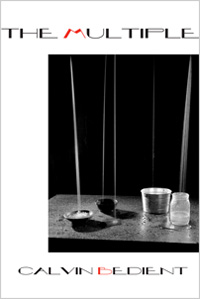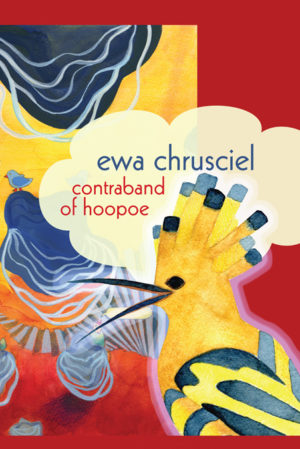Description
Here is a world of pre-or-post apocalyptic limbo, where past is conflated with present and future; the known is embedded in the dark and unknown. Here is a language of the micro-and-macro, where signs have been fashioned and bent to create a delicate economy of sound, shape, and meaning. As soon as we feel safe in our systems of expressions, we are pushed up and against them, until we can no longer find a difference between the ordinary and the extraordinary. Contained by seemingly inevitable geometric structures and driven by trance-like meters, hushing rhymes, the poems in Parades congeal to a substance more slippery than traceable: one that is cohesive, yet never static. Both surprising and itself surprised, this work suggests an affiliation with external forces just as it boasts its own internal logics. Here is a world, once again, that taps and harnesses our deeper vacillations: between the celebratory and the tragic, the singular and the plural, the human, the animal, and the machine.
Sara Deniz Akant’s Parades feels entirely new, and it’s impossible to give a sense of it without quoting, for it forges a new language (think Rimbaud’s colored vowels pushed even further and then back into a futurity where antiquity and the almost here collide: “microfigures of the centaur burst the famous onto shores”). Parades has its characters, locales, things, machines, and methods, all turning into one another––Georgia becomes ginger, April becomes Uptron, and a puppet (part baboon) that forms its own cocoon is perhaps the best trope for the whole book. Metered rhythms return to lull us into a speech that seems impenetrably, unrecognizably (what is this? French become Swiss become Danish?) foreign and opaque until we start to sing it like a haunting, forgotten nursery rhyme, where––no sleeping here––we wake, “darkling to the dune.” What is fable, what is real, where our footing, what our name, but a menagerie of human quotients in the future we spin within, where the machines are not the enemy, but more like “trampled voices of the known.” A politics dives and surfaces where what was once waste finds new use: “life coming up from a gap in the floor.” How lovely to breathe again in the most likely of unlikely places: “the place it took place in was like an alpine tree.”Parades is pure enchantment, pure surprise.





